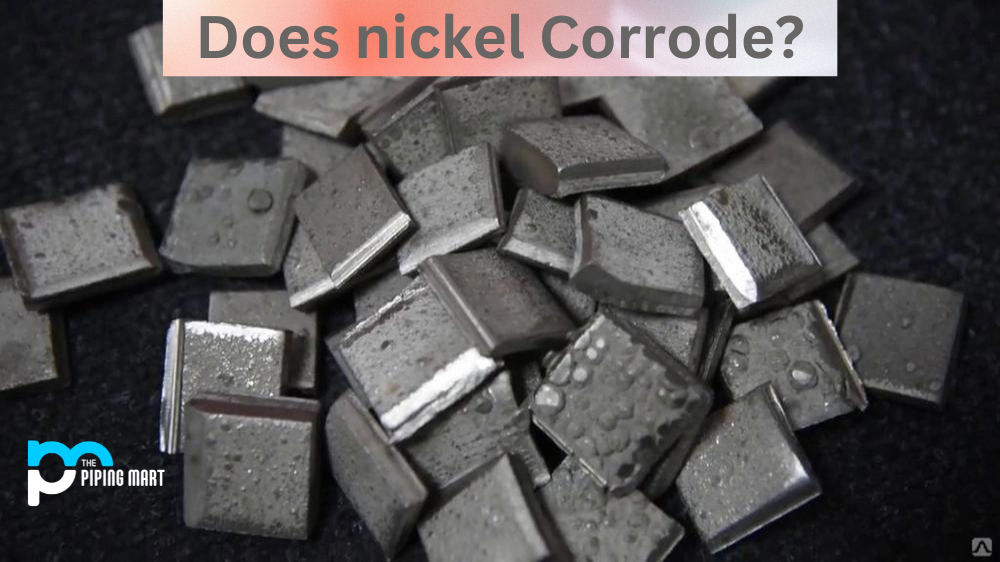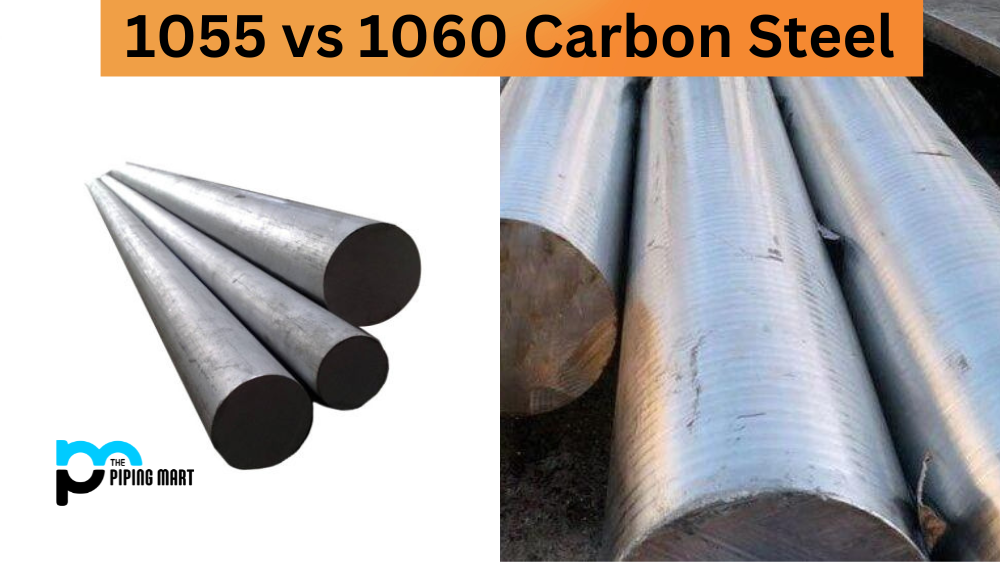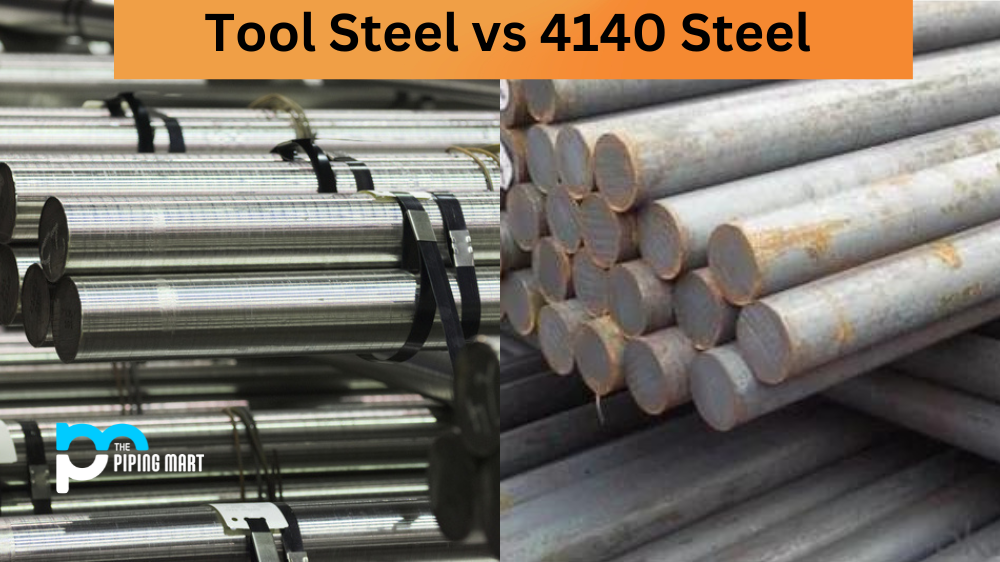Nickel is one of the most commonly used metals in the world. It is widely used in a variety of applications ranging from industrial components to coins and jewellery. But does nickel corrode? The answer is yes – but only under certain conditions. Let’s take a look at some of the properties that make nickel resistant to corrosion, as well as how it can corrode if exposed to certain elements or environments.
Properties that Make Nickel Resistant to Corrosion
Nickel has several properties that make it highly resistant to corrosion. First, it is an alloy metal, which means that it is made up of two or more metallic elements and has improved corrosion resistance due to its chemical composition. In addition, nickel forms a thin oxide layer on its surface when exposed to oxygen or water, which acts as a barrier against further oxidation and helps protect the metal from rusting and other forms of corrosion. Finally, nickel also has low solubility in water, meaning that it does not easily dissolve in water and therefore resists corrosive reactions with many acidic solutions.
Under what conditions does Nickel Corrode?
While nickel does have superior corrosion resistance compared to other metals, it can still succumb to corrosion under certain conditions. For example, when exposed to high concentrations of sulfuric acid (H2SO4), hydrochloric acid (HCl), or nitric acid (HNO3), nickel will corrode over time. Additionally, when exposed to high temperatures for extended periods of time (such as over 500 degrees Celsius for several hours) or contaminated with chlorides such as sodium chloride (NaCl), nickel can become weakened and more susceptible to corrosive reactions.
Conclusion:
In conclusion, while nickel is highly resistant to corrosion under most conditions, it can still corrode if exposed to certain elements or environments, such as high concentrations of sulfuric acid or hydrochloric acid, prolonged exposure to high temperatures, or contamination with chlorides like sodium chloride (NaCl). It’s important for those who use nickel in their projects or products to understand these limitations so they can take steps to protect their materials from premature failure due to corrosion. Knowing this information can help you ensure your project lasts longer and functions properly over time!

Pipingmart is a B2B portal that specializes in metal, industrial and piping items. Additionally, we share the latest information and information about materials, products and various types of grades to assist businesses that are involved in this business.




